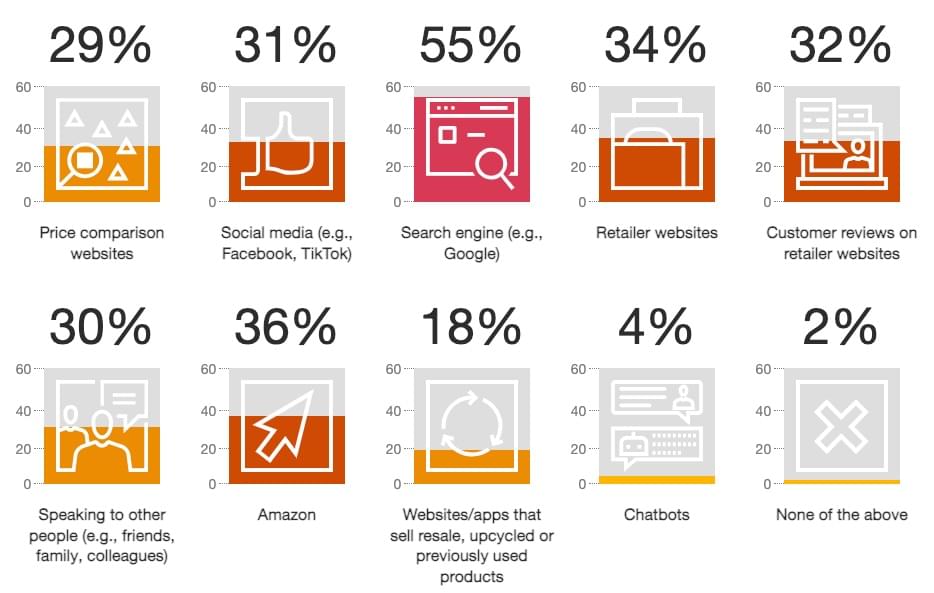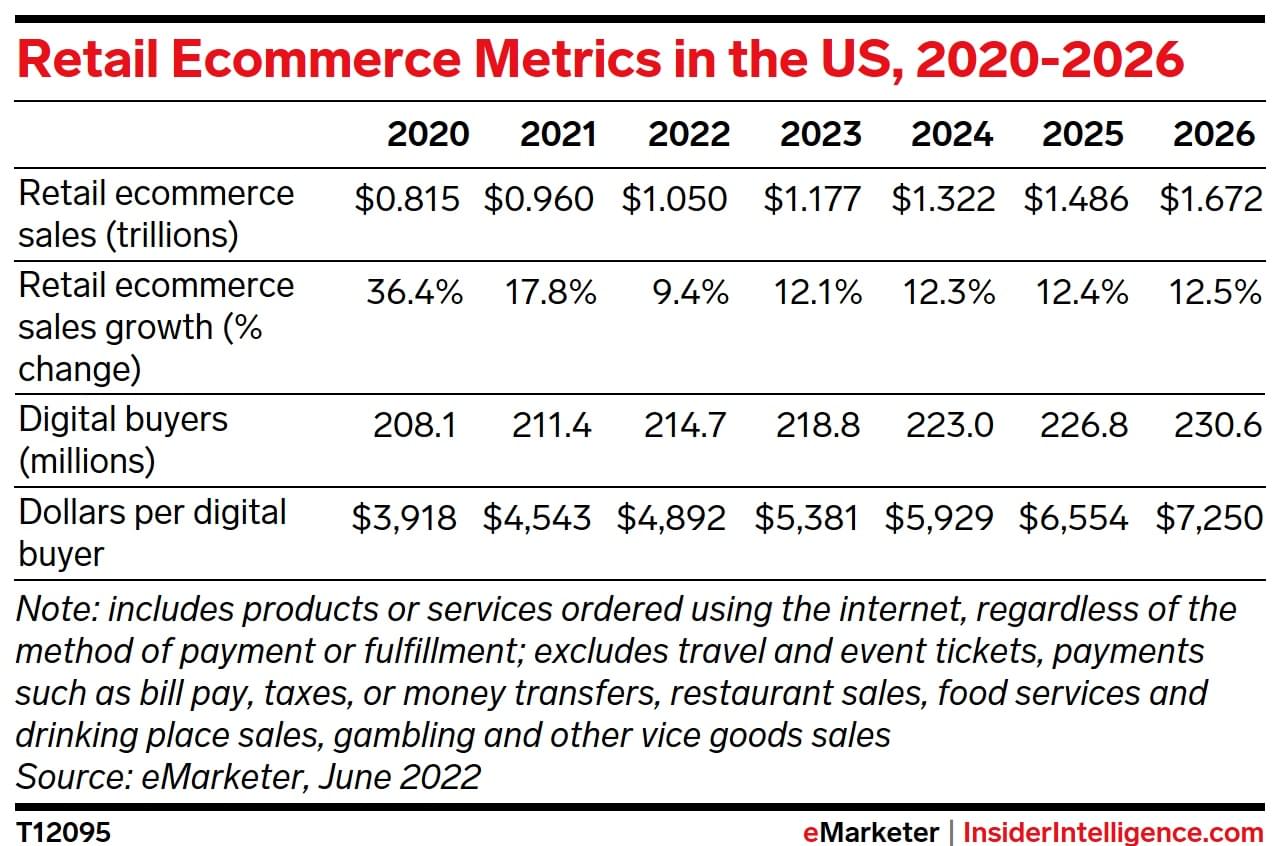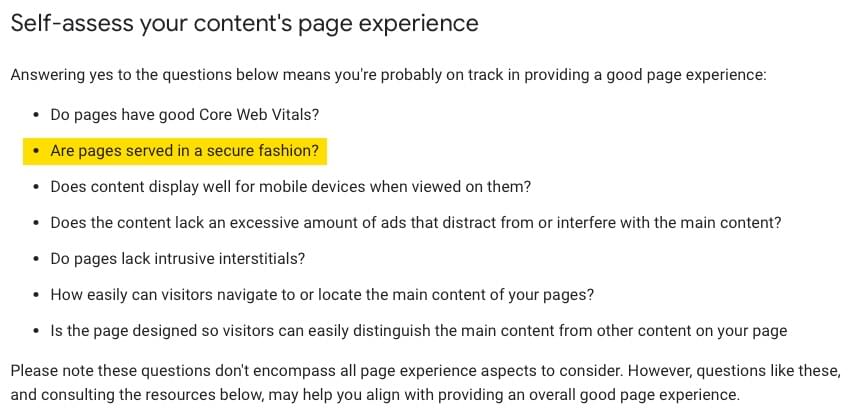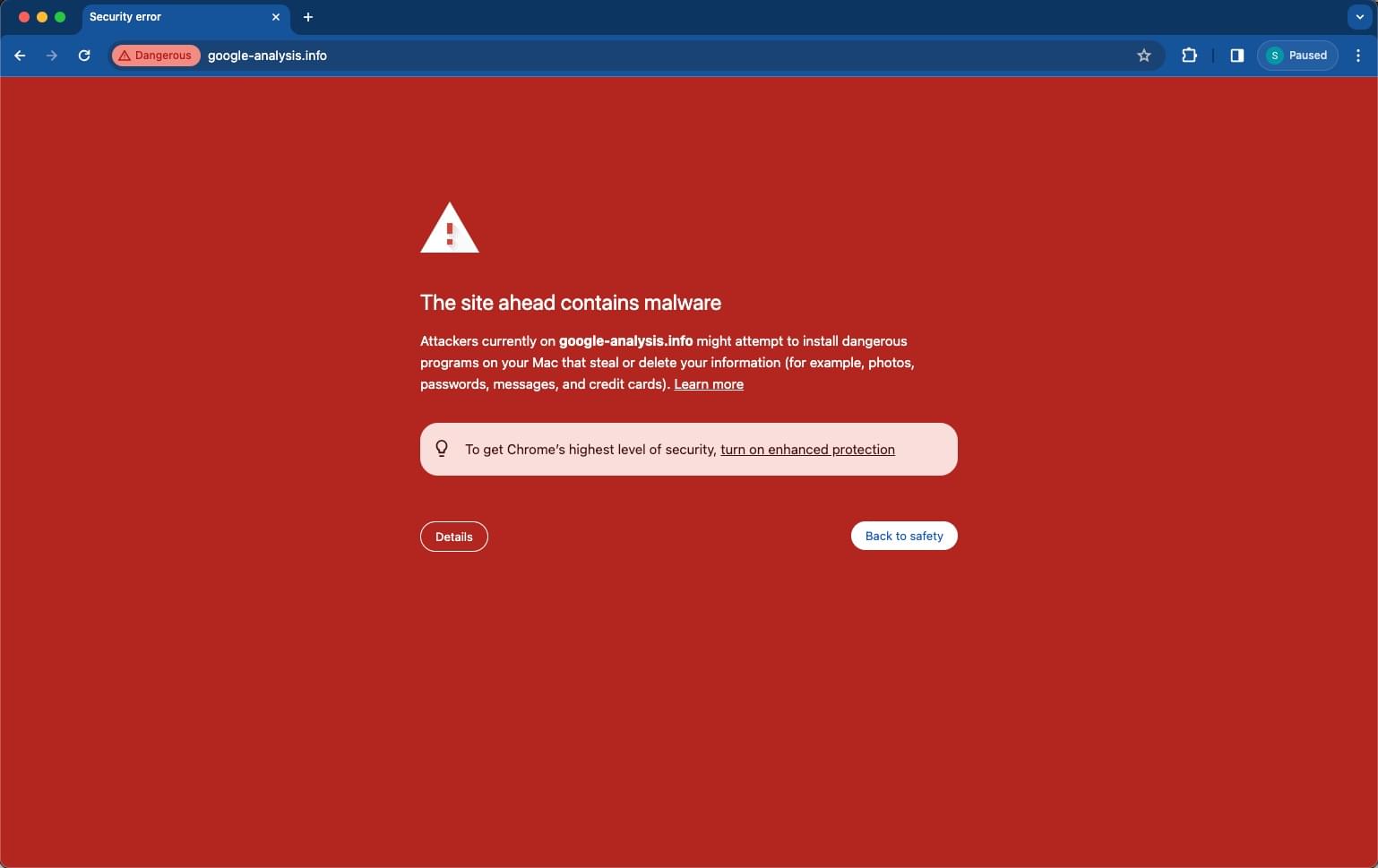In this article, you’ll learn tips and strategies to identify and address common WordPress security issues to protect your website and search rankings from cyberattacks.
In September 2023 alone, over 17,000 WordPress websites fell victim to the Balada Injector malware.
The consequences were devastating for businesses that own those websites.
Aside from paying hefty fees and penalties, business websites compromised by a cyberattack must work extra hard to rebuild their reputation with their existing customers and search engines.
Sadly, not all businesses do.
The Indisputable Connection Between Website Security and SEO
Covid-19 dramatically transformed consumer buying behaviors.
Even though people are slowly returning to their pre-pandemic shopping ways, the shopping habits they developed during the pandemic remain.
Consumers still start their buying process online, with more than half of them preferring to use search engines to research products and services to buy.

Survey responses to the question, “In general, where do you typically research the items/products you intend to buy?” Source: PwC’s June 2023 Global Consumer Insights Survey
And while in-store shopping is making a comeback, online shopping isn’t slowing down. eMarketer projects that the number of online shoppers will increase to 230.6 million by 2026 in the US alone.

Source: eMarketer
These, plus rapid advancements in artificial intelligence (AI) and internet technology, expect brands to provide them with top-quality products and services and an enjoyable, secure, and easy shopping experience.
This expectation isn’t just limited to ecommerce and B2B websites. Consumers expect to get this type of experience on any website they visit on the internet, including search engines.
That’s why publishing insightful articles and following SEO best practices is no longer enough to rank well on Google and other search engines. You also need to ensure that your website provides your target audience with a user experience that meets — if not exceeds — their expectations.
How Security Breaches Derail Your SEO Efforts
The effects of a cyberattack can be so devastating that some businesses can never recover it.
On top of dealing with the hefty costs associated with a security breach, cyberattack victims are left with a tarnished reputation with their customers and search engines.
Google and other search engines are like any SaaS business in that they’re responsible for the safety of their users’ personal information whenever they use their services.
That’s why they include website security among the top factors they consider when evaluating a website’s overall page experience.

Google’s Page Experience Documentation includes a question focusing on website security.
And they’re not the only ones.
Browsers and websites on which you’ve built backlinks will also prevent users from driving traffic to your website.
Until Google and other search engines remove your site’s URL from their blocklists, browsers will display a notification like this each time someone tries to visit your website.

On the other hand, tools like Ahrefs and Semrush will classify backlinks to your website as “toxic” or “malicious”, causing other websites to remove your backlinks from their sites and disavow any links pointing to theirs.
That’s why one of the first signs that your website’s security has been breached is that your website’s no longer getting any traffic.
And even after you manage to get your website out from Google’s blocklist, new and existing customers will bring their business elsewhere and spread the word about the security breach to those in their networks and on online review sites, further bringing your website and SEO efforts downward a vicious spiral.
Leveraging WordPress Security for SEO Advantage: Step-by-Step Guide
Fortunately, there are steps that you can take to protect your website and your customers from cybercriminals lurking around the internet, looking for their next victim.
Step 1: Implement the right SSL certificate for your business
SSL certificates encrypt all the data sent and received on your website, protecting your business and customers’ data and personal information from data breaches.
Most web hosting providers like SiteGround now include SSL certificates as part of their WordPress website hosting services. Still, checking that the SSL/TLS certificate type provides the security level expected for your business and online activities is essential.
For instance, if you own a restaurant, an organization validated (OV) SSL certificate will be your best option since this SSL certificate type verifies that your website is tied to a legitimate business establishment.
The post How to Boost WordPress Security and Protect Your SEO Ranking appeared first on SitePoint.